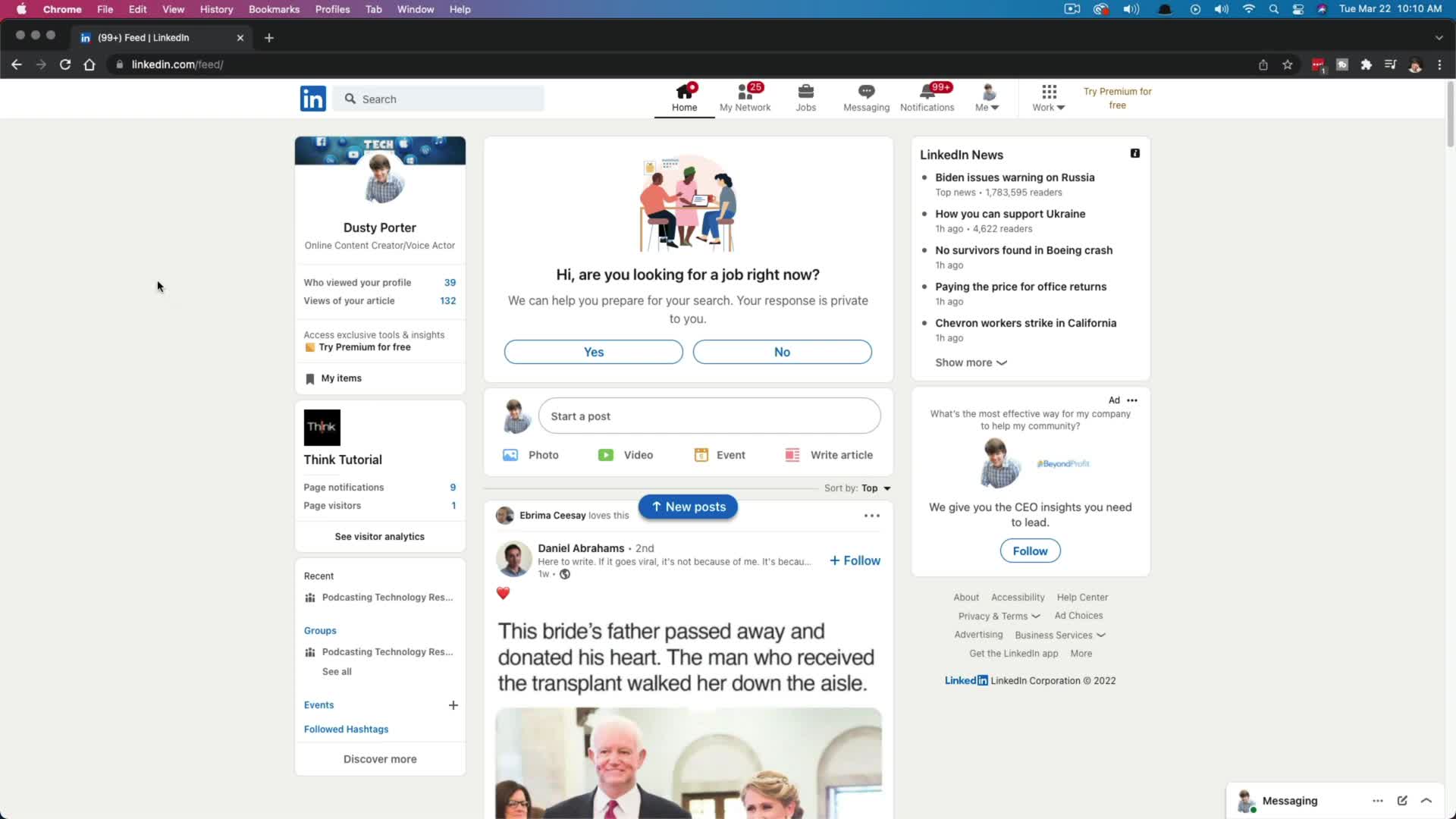Recruitment and Talent Acquisition
What are screening questions and why are they important in the job application process?
Screening questions are targeted inquiries posed to job applicants to evaluate whether they possess the necessary qualifications for a position. These questions assess candidates' experience with specific tools or technologies, education levels, certifications, and other must-have requirements. When properly implemented, they streamline the hiring process by automatically filtering out applicants who don't meet essential qualifications, reducing the recruiter's workload. LinkedIn allows customization of these questions, enabling employers to create both template-based and custom screening questions that align with their specific hiring needs.
Watch clip answer (01:34m)What are the differences between a free LinkedIn account and a paid LinkedIn recruiter account for recruitment?
LinkedIn offers free accounts and several tiers of paid recruiter services that differ significantly in functionality. Free accounts can be sufficient for beginning or low-volume recruiters, while paid options expand access to LinkedIn's network. The main differences include network reach (paid accounts can access third-degree connections), messaging capacity (30 InMails for Lite vs. 100-200 for higher tiers), and search filter capabilities. LinkedIn Recruiter Lite ($140/month) serves as an entry-level option for small businesses with lower hiring volumes, while Professional and Corporate tiers offer more advanced features for larger operations.
Watch clip answer (02:31m)What are effective LinkedIn strategies for recruiting both active and passive candidates?
LinkedIn offers valuable recruitment strategies for both candidate types. For active candidates, smaller companies can utilize paid job listings to reach job seekers unfamiliar with their brand. LinkedIn allows users to indicate they're seeking work, making this an excellent starting point for recruiters. For passive candidates, LinkedIn excels as a sourcing tool as you can search by role and reach out to qualified professionals who may consider opportunities despite not actively job hunting. Effective outreach involves researching competitors' hiring practices, leveraging your network connections, and sending personalized messages that demonstrate you've taken time to understand the candidate's background. Customized outreach significantly increases positive response rates.
Watch clip answer (01:07m)What is the most important first step for effective LinkedIn recruiting?
Completing your own LinkedIn profile is the essential first step for effective recruiting. Sue Elson emphasizes that many recruiters focus on viewing other people's profiles while neglecting their own. She stresses the importance of filling in all profile sections and adding your phone number for account security purposes. Without a complete profile, recruiters not only miss opportunities to showcase their expertise but may also risk losing access to their accounts if they forget login credentials.
Watch clip answer (06:43m)How is AI transforming the role of recruiters and what will they be able to focus on in the future?
AI is revolutionizing recruitment by automating administrative tasks that traditionally consumed recruiters' time. It's now handling candidate reports, initial sourcing, scheduling, and other backend administrative work. This technological shift allows recruiters to dedicate more time to relationship-building activities - having meaningful calls with candidates, conducting deeper industry conversations with leaders, and engaging in broader professional development like podcasts. Rather than being spread thin across multiple administrative functions, recruiters can return to focusing 5-6 hours daily on core recruiting and selling activities, creating more valuable human connections in the hiring process.
Watch clip answer (01:28m)What are the benefits of international recruitment for businesses?
International recruitment offers several advantages for businesses. First, international markets often have a better perception of recruitment, making partnerships easier to establish. In some markets, there's less competition, allowing recruiters to build stronger partnerships. Additionally, retained executive search is more common internationally, enabling better client relationships. Lucy's company, LCR International, has leveraged these benefits to make hires in over 20 countries across six continents. Their industry-specific approach rather than geography-focused strategy has proven successful, reducing the need for business development as clients rely on them for international hiring across all functions and locations.
Watch clip answer (01:08m)




